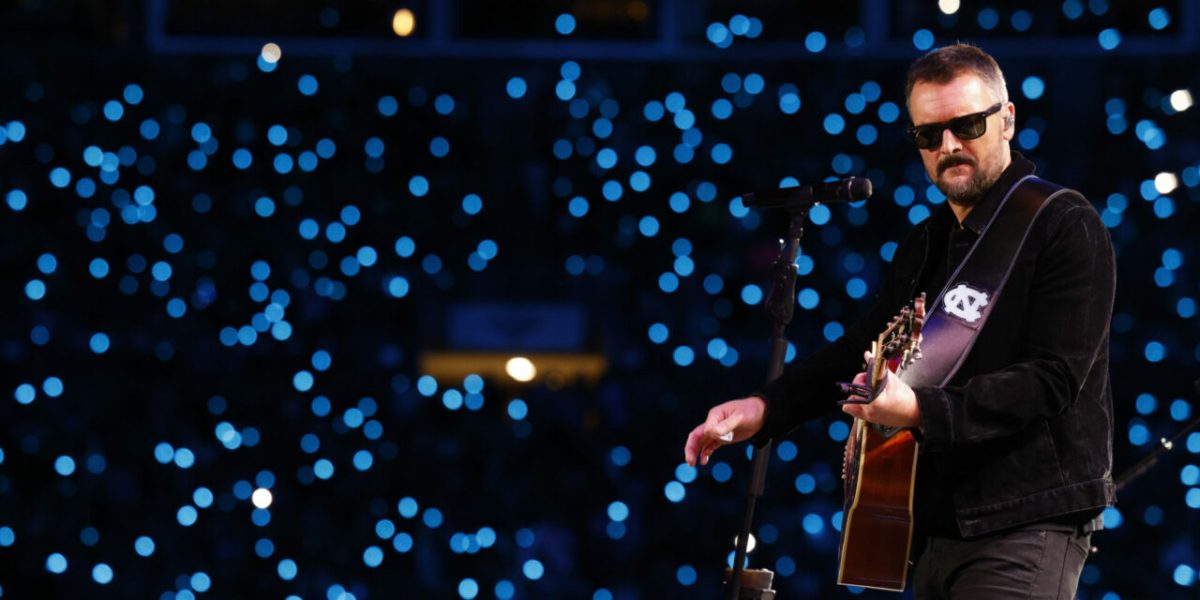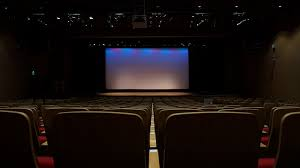The sixth annual Guilford Undergraduate Symposium will take place on Feb. 22. This Guilford tradition provides an opportunity for students to share academic work of which they are particularly proud.
In a joint email interview, Melanie Lee-Brown, associate professor of biology, and Rob Whitnell, professor of chemistry, stated that GUS has evolved in an interesting way.
“We took students to the state equivalent, the State of North Carolina Undergraduate Research and Creativity Symposium,” said Lee-Brown and Whitnell. “We started talking about having a Guilford version for our students and all the work they do on campus.”
According to the Guilford website, students of all academic divisions and almost every department, major and program have presented work at GUS. Since 2008, participation has grown steadily, with more than 140 students participating in 90 presentations at the fifth annual GUS in 2012. The one-day event features oral presentations, posters, exhibits, panel discussions and performances by students to the College community.
“It is always fun for us to see science research next to art exhibitions while a poetry reading is happening around the corner,” said Lee-Brown and Whitnell.
The variety of opportunities is a big draw for students and has other benefits as well.
“Students work closely with professional mentors,” said Lavon Williams, professor of sports studies. “They develop communication and professional skills. It’s beneficial to interact with others socially and get to know what they are doing. Also, the students get a real experience of what they will be doing as professionals.”
Faculty members notice a difference in students who have participated in GUS.
“A couple of years ago, two students presented their project from their research methods class,” said Eva Lawrence, associate professor of psychology. “It was neat to see them take ownership of their project at a level well beyond they were able to do in class, due to the class size.”
Michael Crouch, associate director of communications and marketing, agrees that it is fascinating to watch the student presentations.
“I like to see students enthusiastic about what they’ve been studying, the way they got interested in it and what they found out,” said Crouch. “Just to see the discovery and the process of discovery is a fun part of my job.”
Students gain valuable insight from participating in GUS and encourage others to participate.
“My experience preparing for GUS gave me an insight of what it takes not only to do the research, but how challenging it is to mold it into a presentation,” said junior Ruth deButts, a double major in sociology/anthropology and peace and conflict studies in an email interview. “I couldn’t just walk up there and read off my paper. After slimming my paper down into a PowerPoint, I’ve learned how difficult it really is to fully explain concepts in a short amount of time.”
In response to a question of whether or not students should participate in GUS, Olivia Holmes, a senior psychology major, said in an email interview:
“Should you participate in GUS? The real question is, what were you planning on doing with your 15-page paper anyway? GUS gives us a venue to share our knowledge. Why work so hard to not show the fruits of your labor?”






